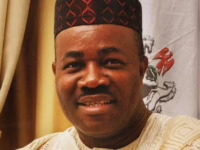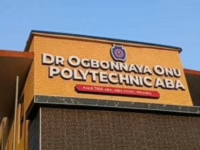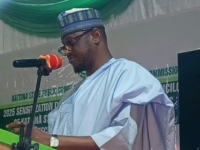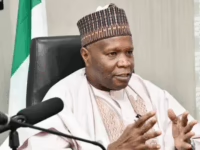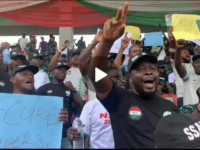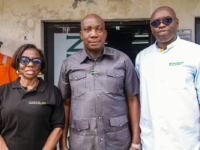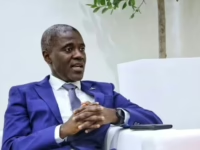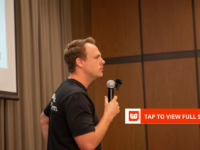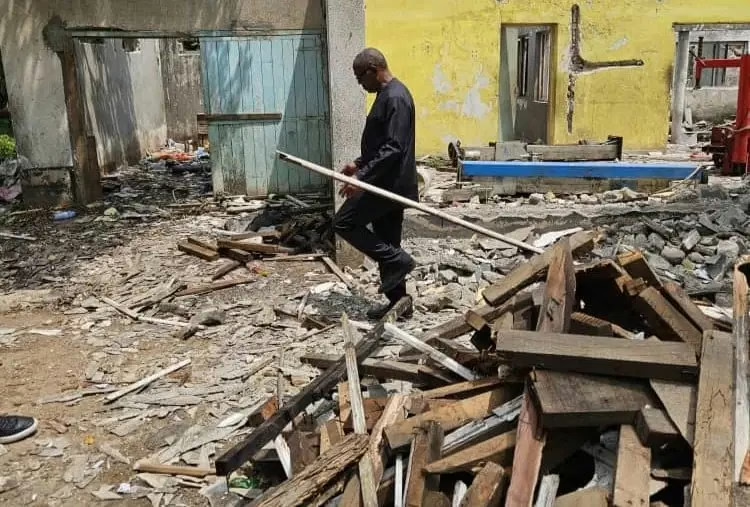The Lagos State government has responded to criticisms from Mr. Peter Obi, the 2023 Labour Party presidential candidate, regarding the recent demolition of plazas at the Lagos International Trade Fair Complex in Ojo.
Obi condemned the demolition, labeling it as unfair and harmful to the local economy.
During his visit to the Auto Spare Parts and Machinery Dealers Association (ASPAMDA) area of the market on Tuesday, accompanied by lawmakers such as Senator Enyinnaya Abaribe (Abia South) and Senator Victor Umeh (Anambra Central), Obi highlighted that the affected traders had obtained legitimate permits before their properties were torn down.
He emphasized, “Numerous traders invested significant resources-often through loans-to build their businesses, aiming to sustain their families and contribute to economic growth. To dismantle these lawful investments without proper procedures is not only unjust but also detrimental to economic progress. Such actions should be unacceptable in a country striving for justice, stability, and inclusive prosperity.”
Contrary to Obi’s assertions, the Lagos State Government maintains that the demolitions were conducted legally due to persistent breaches of planning laws.
Gbenga Omotoso, the Commissioner for Information and Strategy, issued a statement accusing Obi of stirring public emotions and clarified that the traders in question lacked valid building permits.
Omotoso stated, “The property owners did not secure the necessary approvals. The government had declared a general amnesty last year, extended multiple times, to allow them to regularize their documentation, but they failed to comply. When officials from Physical Planning visited the site, they were denied entry and even assaulted, requiring police intervention. Subsequent invitations for dialogue were ignored by the owners.”
Related: Community group raises alarm over ritual killings in Plateau
He further explained, “The claim that the Trade Fair Management Board authorized the constructions is incorrect. This board, established by the Federal Government to oversee the complex, lacks the authority to approve or regulate building developments independently of Lagos State Government. The responsibility for physical planning and building permits lies solely with state authorities.”
Omotoso referenced the Nigerian Urban and Regional Planning Act of 1992, as adopted by Lagos State, which requires all developments within the state to receive approval from the Ministry of Physical Planning and Urban Development.
He added, “This was reinforced by the Supreme Court ruling in 2003 (Attorney-General of Lagos State v. Attorney-General of the Federation), which affirmed that land use and physical planning fall under concurrent jurisdiction. States retain the power to regulate development within their boundaries, including federal lands, except for specific federal areas like military bases.”
“While the Trade Fair Complex Board manages leases and commercial activities, any construction or modification must have Lagos State’s planning consent. Without this, such structures are illegal under state law, and the government is empowered to seal or demolish them. Essentially, the board can allocate space administratively, but building permits must be sanctioned by Lagos State authorities.”
The demolitions have provoked anger among traders who report significant financial setbacks and have reignited debates over jurisdictional conflicts between federal agencies and state governments in urban planning matters.





